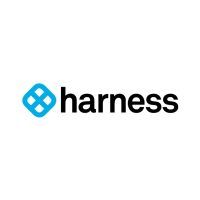
Harness
View Brand PublisherDecoding Harness: How this one-year old startup is helping companies deliver code to production in a faster, more secure and reliable manner
The world runs on software. Yet delivering changes to software remains massively complicated, highly manual, and risk-prone. Today, delivering applications faster has become imperative to deliver a good customer experience, and businesses must constantly update features, integrate new ones without the fear of breaking things. These must be done in minutes and hours, as opposed to days. And, along with speed, companies must ensure that quality and reliability are maintained.
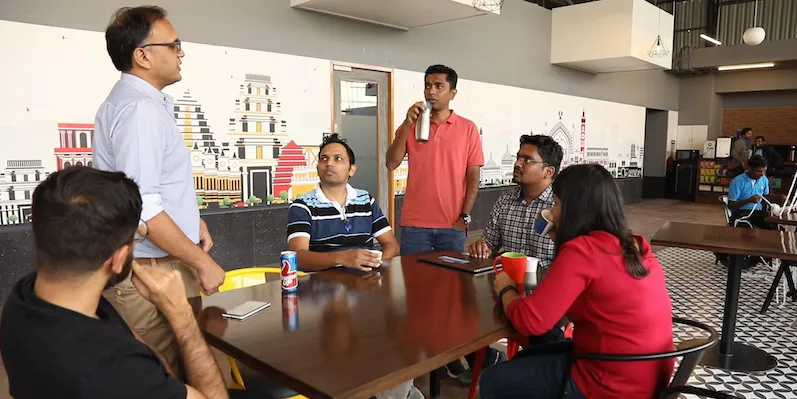
This is where Continuous Delivery is becoming integral to businesses. CD tools model, deploy, and visualise application pipelines, orchestrate the deployment process, automate the entire delivery and release pipeline between development and production, and support technology use cases such as containers, microservices, test data management, and vulnerability tracking. And, in doing so, they enable businesses to release quality software at a more rapid pace.
Even as CD tools are becoming more significant and relevant to businesses, they aren’t as easy to come by. There aren’t many players trying to bridge this evident gap. According to technology experts and industry observers, the reason for this gap is that a Continuous Delivery platform needs to integrate with a significant number of DevOps tools. It needs to be extremely simple to use and it needs to leverage machine learning to automate verification and rollbacks. These are considered difficult feats to pull off.
This is where, Harness, a startup that is just over a year old, makes an exception. Co-Founded by Jyoti Bansal (Founder and Ex-CEO of AppDynamics) and Rishi Singh (Former Platform Architect at Apple), Harness claims to be the industry's first Continuous Delivery-as-a-Service platform. Harness’ s CD platform takes codes from the artifact stage to production by using templatised pipelines, even for complex deployments such as canary, rolling and blue/green, and thereby crunches the time it takes to build pipelines ‘from a couple of days’ to ‘a couple of minutes.’
In addition to the simplicity of building pipelines, Harness is unique in its use of machine learning to help teams verify the success of its deployments as well as automatically roll back failures, saving countless hours and stress. Finally, Harness integrates security into the Continuous Delivery process every step of the way with secrets management and a full audit trail of every release.
This explains why in just 11 months since the startup started selling its services, some of the biggest names from the financial, retail and internet world have become Harness clients. These include New York Life, NCR, Trulia, Home Depot, Twitter and Build.com, among others. Other achievements to its credit include being named as a Gartner “Cool Vendor in DevOps” for 2018 and also winning the Barclay “Technology Open Challenge Award” in 2018.
Offering differentiative advantage
Reducing deployment times by 10x from 6 hours to 30 minutes per team per day; saving 330 hours of resource time by automating deployments; saving 60 percent of total DevOps and engineering time spent on deployments in comparison to previous CD processes; higher quality of service and satisfaction for customers; reallocating engineers from mere scripting to more business critical projects; enabling developers to build, deploy and fix their own code; offering support for hundreds of microservice deployments per day with no added headcount.
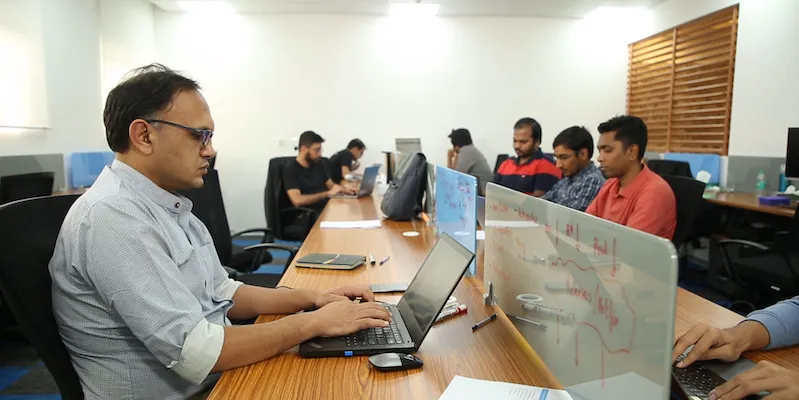
These are some of benefits that Harness has been able to create for its customers. While these are impactful, what really makes Harness unique is its focus on providing reliable performance.
Any developer, software engineer or coder, would vouch for the fact that reliable performance is not an easy task to achieve in software development, even though everyone constantly works towards it. One of the key reasons why reliable performance is so elusive is that most application consoles and logs are full of junk like ClassPath exceptions. What’s worse is that most of these exceptions have existed for years, and are a major contributor to noise.
Harness addresses this vital challenge by leveraging Machine Learning to know what events are benign and what events are new, unique, and anomalous to the apps and business. It does this by tokenising event data from log tools and applying several unsupervised ML algorithms such as entropy, Kmeans clustering, Jacard, and Cosine to understand the relevance, uniqueness, and frequency of events that their customers’ applications generate post-deployment.
By further integrating AI with Harness’ monitoring and logging tools, Harness is able to use specialised algorithms to determine if a production release has been successful, automate rollbacks to prevent bad deployments from impacting the business, among others, which allows its customers to finish the said tasks in matter of minutes, as opposed to the several hours it would take to do this work manually.
And, this innate understanding and the focus on industry needs, challenges and device solutions is what helped the startup spread its roots.
Focused on winning
Led by Jyoti, a serial entrepreneur and founder and ex-CEO of AppDynamics, a startup that was bought by Cisco for $3.7 billion, and Rishi, the engineer who pioneered Continuous Delivery at Apple, Harness believes that having a team that has built great products is one of their biggest strengths.
From a product development front, currently Harness is working on building out many integrations and product enhancements that are above and beyond the realm of simple Continuous Delivery. The startup is also working on building its R&D center in India, a strategic part of its growth plan. Hemant Khandelwal, Head, Harness India, says, “We already have amazing people from the best companies in the world working on this extraordinarily difficult problem, but we need more engineering strength. And, we are hoping that Bengaluru will offer us that strength and talent.” The startup is accelerating expansion of its recently opened R&D center in Bengaluru and is looking to hire over 100 engineers over the next few years.
Watch this video to know more about Harness’ plan for India, the work culture, and why the team is passionate about Harness’ technology offering.
That said, despite the having a strong founding team, a good product and market demand, a clear growth roadmap, they do have their set of challenges, a key one being getting rapid mindshare. The startup says that most of its customers were once businesses which explored their freemium service. The benefits they derived from the freemium platform were enough to to convince them to work together with Harness as business partners. Therefore, the challenge for the company is not so much about selling their service but getting the message out immediately that an alternative to custom-built, tangled Jenkins pipelines exists, in the form of Harness.
Startups with massive amounts of funding might pose a challenge for Harness to reach their potential DevOps and engineering buyers, which in turn means that the startup needs to focus more minutely on how it can grow faster. This is something that they are well aware of. “Fortunately, Harness is a product that people want and need. And any company that depends on successful software delivery as well as mission-critical applications will depend upon Harness,” affirms Jyoti.






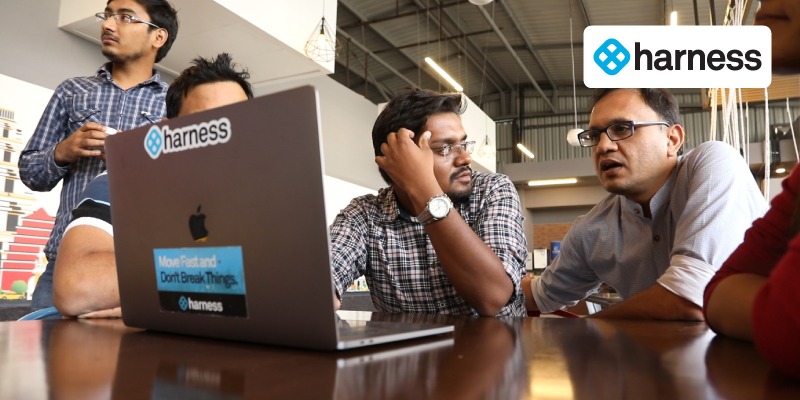
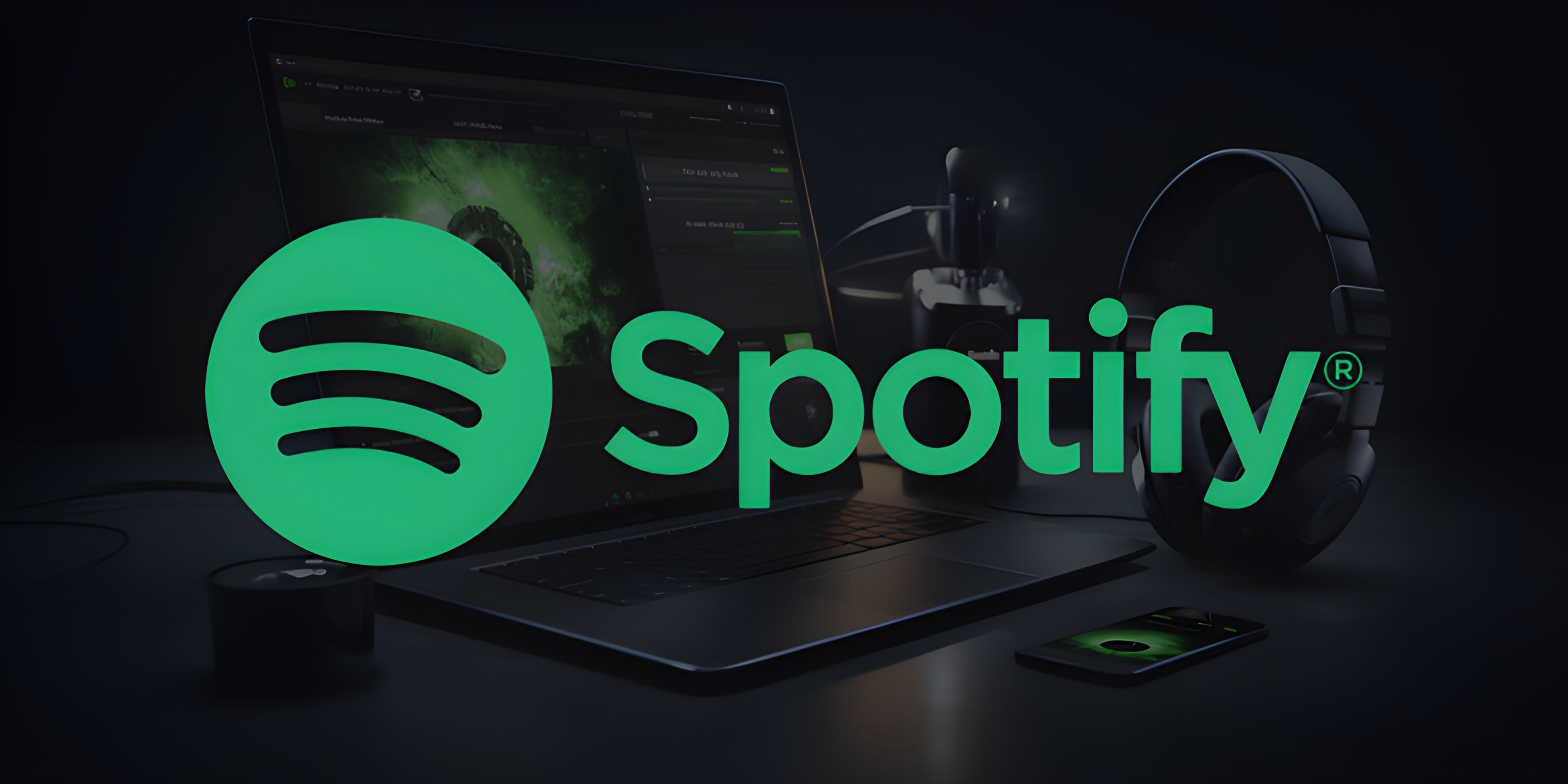



![[YS Learn] PolicyBazaar CEO Sarbvir Singh on managing stress and mental health in times of crisis](https://images.yourstory.com/cs/2/a9efa9c02dd911e9adc52d913c55075e/img-4-1594888520850.png)